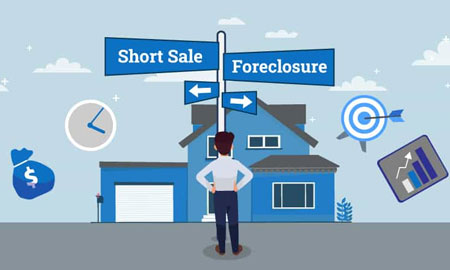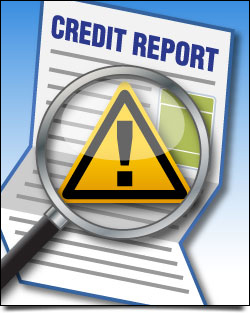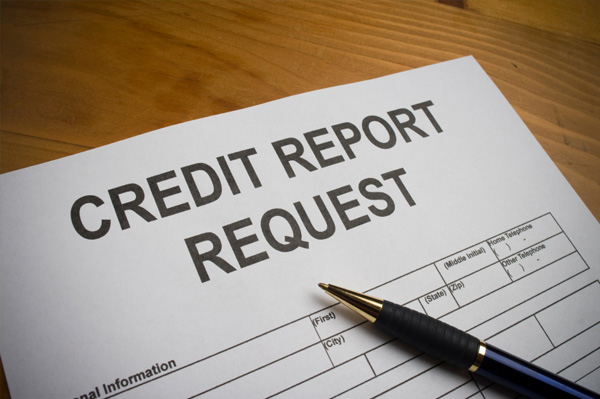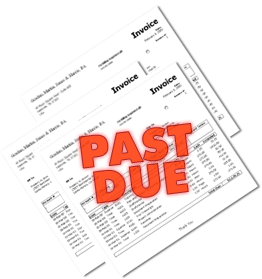Online Credit Disputes – Stay Away
Having good credit is an important part of life. Without good credit, it can be difficult to do a number of things that many take for granted, such as get a job, buy a car or house, and even sign a cellphone contract. Unfortunately, even if you pay bills on time and do everything you think is necessary to maintain a good credit score, mistakes can be made (through no fault of your own) that cause your credit score to go down. Before trying to repair credit by disputing mistakes on the part financial institutions and credit agencies, make sure to follow one of the most important credit tips in the industry: never dispute a mistake on your credit score online.
What makes online credit disputes so difficult
According to numerous experts, disputing your credit score online can lead to a myriad of problems that are easily avoided by simply mailing a dispute via Certified Mail. The most significant issue that arises from disputing credit issues online is the fact that the online dispute system, known as E-OSCAR, provides little to no actual proof that a dispute has been filed, which can substantially increase the amount of time you have to spend going back and forth with a credit agency.
The other major problem that arises from the use on E-OSCAR is the fact that credit agencies are not required to inform you if they choose to reopen a case. Normally, when credit disputes are filed using Certified Mail, credit bureaus are required to inform you that they are reopening a case, which in turn allows you to file a Method of Verification (MOV). A MOV ensures that a disputed record that is deleted, is deleted permanently.
Without a MOV, a credit agency can use what is known as a “soft delete”. A soft delete removes a record for 30 days while it is “under review”. After that time, it can be placed back on your account without any notification to you. By filing through traditional Certified Mail, you can avoid this altogether by verifying at the time of the initial dispute that the deletion is permanent.
Consumer Complaints from soft deletes
There are many cases of consumer complaints due to soft deletes. Unfortunately, soft deletes are completely legal under the current regulatory system. While you cannot prevent credit agencies from using a soft delete, you can make sure you know whether they are using a hard or soft delete during your dispute review. If they are in fact using a soft delete to further review your case, you know to follow up 30 days later to ensure that the incorrect record is removed permanently. The easiest way to avoid these problems is to simply file all disputes through Certified Mail.
For additional information on credit repair and how to dispute and permanently remove erroneous accounts on your credit report, feel free to Sign Up for $0 Today.






 If personal finance issues make you want to pull the covers over your head, it can be hard for you to know whether you’re coasting along okay or whether you need help with your credit score.
If personal finance issues make you want to pull the covers over your head, it can be hard for you to know whether you’re coasting along okay or whether you need help with your credit score.






